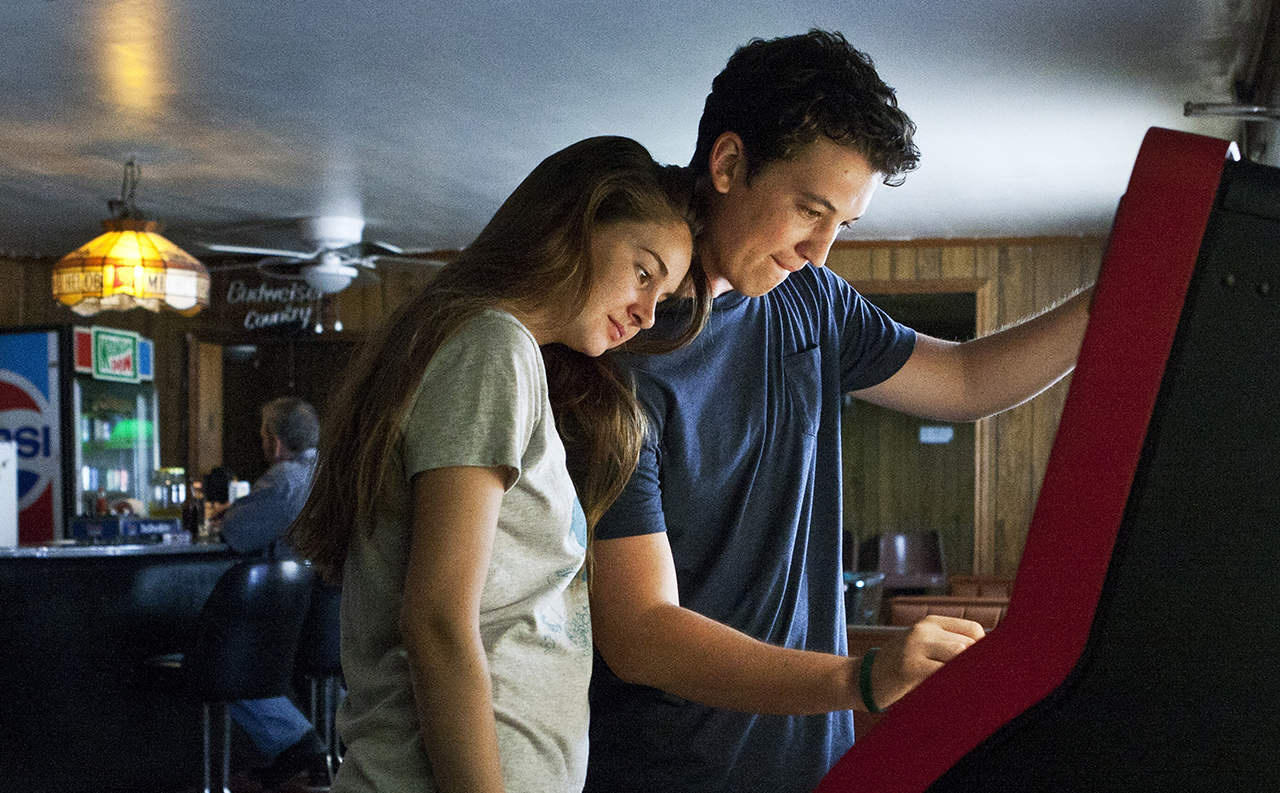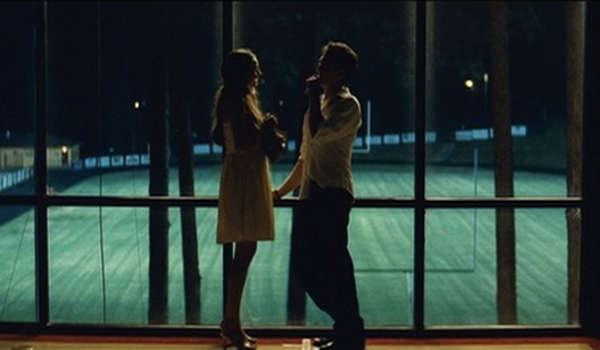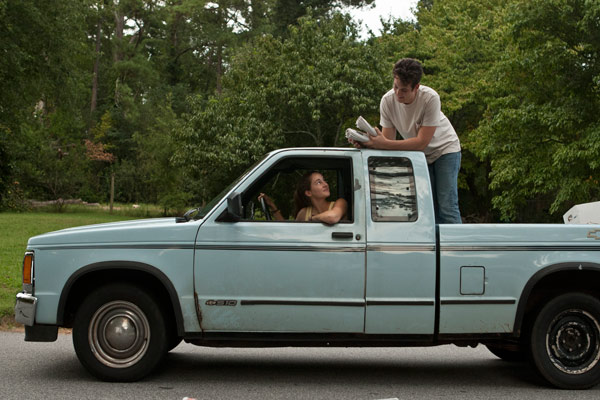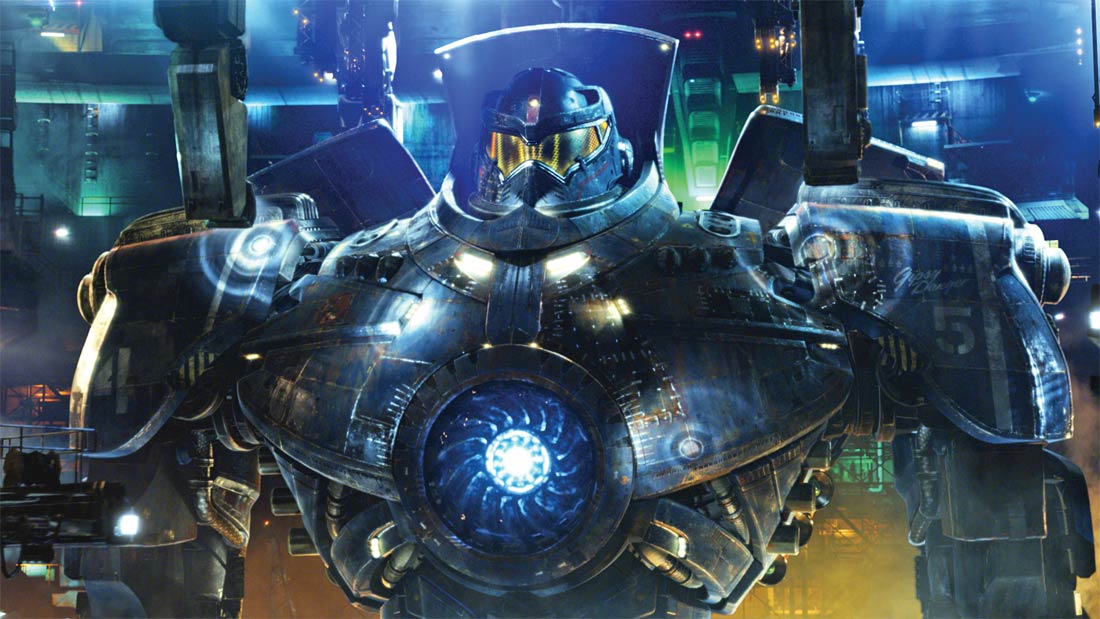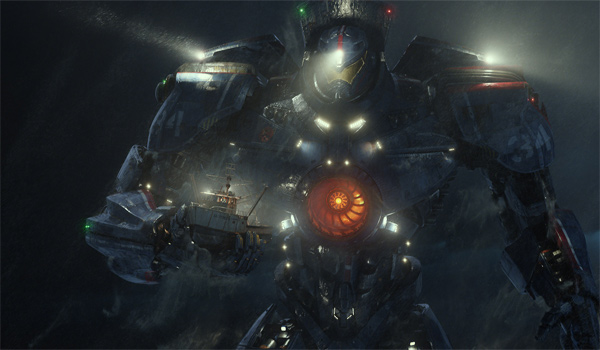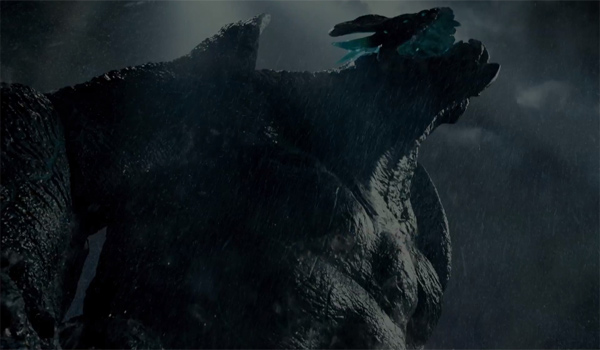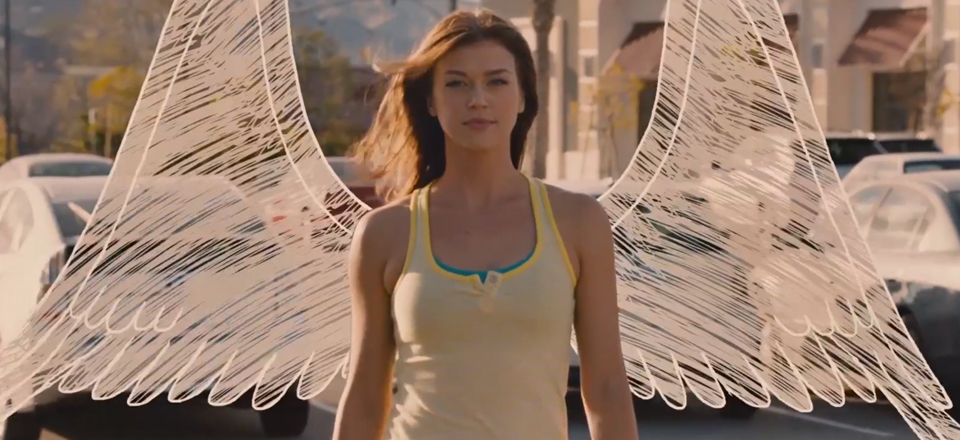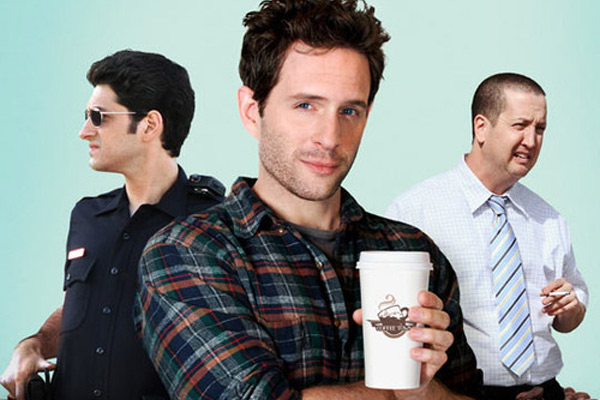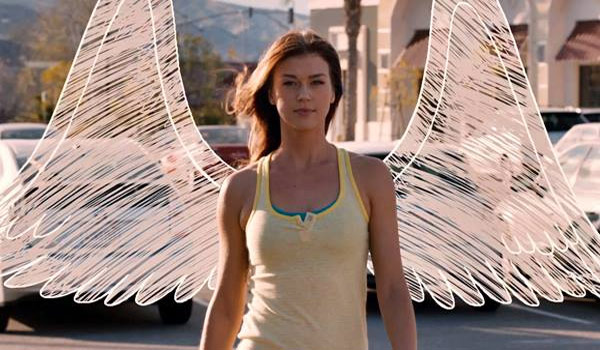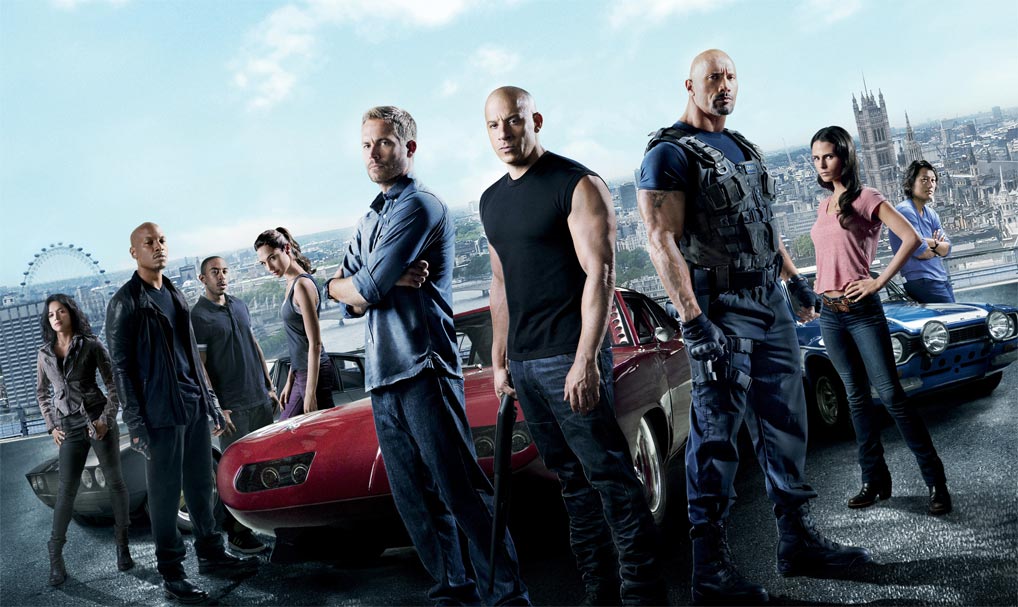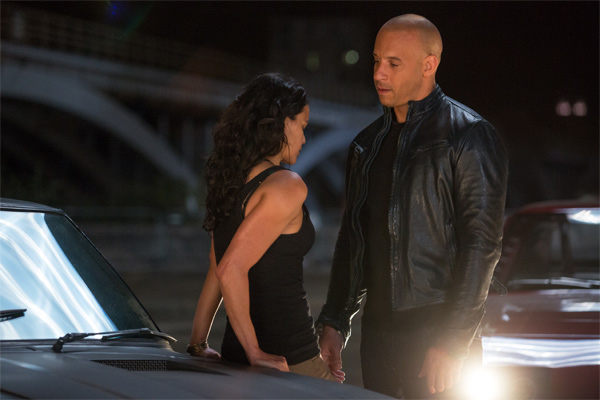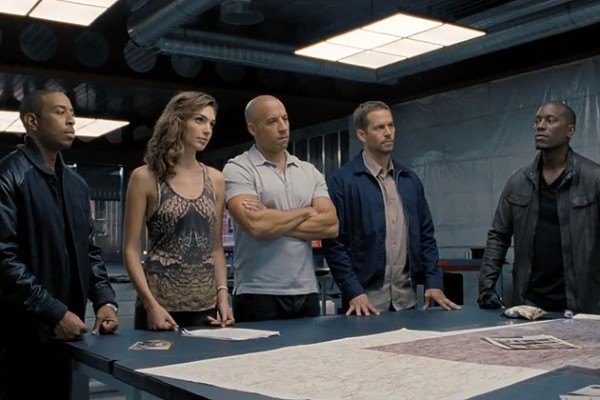[RH Review] The Spectacular Now
I'll admit something: When I saw the first trailer for The Spectacular Now, I said, "The Spectacular Now is indie film bait with the common trope of self-discovery, coming of age themes, but that’s exactly what I’m attracted to." After watching the film, I can confirm that I was only half-right. Spoiler alert: The Spectacular Now wowed me in a way I haven't been wowed in a very long time. Allow me to try to find the words to convey exactly why.
http://youtu.be/0dCfbBwFI2Y
The Spectacular Now
Director: James Ponsoldt
Rating: R
Release Date: August 2nd, 2013 [NY and LA]
Sutter Keely (Miles Teller) is the popular class clown that everybody can't help but like. He's the life of the party, has an equally popular and awesome girlfriend, Cassidy (Brie Larson), and truly embraces living for the now. However, when Cassidy breaks up with him, Sutter's life begins to change, although not in the way you'd expect. After a long night of drinking, a girl from his class, Aimee (Shailene Woodley), finds him sprawled across a yard on her newspaper route. What began as a budding friendship becomes something more as Sutter's attempts to essentially mentor and guide Aimee transition into a deeper connection that Sutter might not be able to comprehend.
Behind the jokes and public facade, Sutter has a dark side to his life that can serve as a bit of a warning to audiences. Despite being only 17, Sutter is a budding alcoholic always seen with a flask full of whiskey. The characteristic defines his actions, sure, but the point doesn't come heavy-handed by director James Ponsoldt (Shamed) or screenwriters Scott Neustadter and Michael H. Weber ([500] Days of Summer). The Spectacular Now can be seen as a warning against underage drinking or alcohol dependency, but it never feels like an outright propaganda-filled activist statement. Rather, it's understated and subtle, or as subtle as it can be every time Sutter takes a drink out of his super-sized "big gulp" or flask.
When Sutter and Aimee get together, and she begins to pick up on his habit, I kept worrying about where it would lead. The tension was never overbearing, but I had the chilling feeling that something would happen, and it wouldn't be good. It wasn't too dissimilar from the suspense in horror films, but at least in those films, you know for a fact something's coming; in an independent drama, you don't know when, if, or how that "something" would come. This foreboding notion not only helped humanize Sutter and Aimee, but it also makes you actually care for these characters, and what's more important for a film than an audience empathizing and connecting with them?
There are some common tropes in the film, such as father-son dynamics, popular boy falling for a not-so-popular girl, relationship drama as a narrative crux, and the obvious "coming-of-age" epiphany that characterizes the genre. However, such tropes and cliches are tropes and cliches because they're taken from real life, and sometimes I forget that. The Spectacular Now featured real characters who, for better or worse, find themselves in these situations because they're real situations that we have or will find ourselves in.
As I walked out of the theater and reflected over the film, all I could think about was just how right it felt. Sure, I'm biased, because it truly played to my film interests, but it did everything right and what I love in independent dramas. Ponsoldt, Neustadter, and Weber wanted to create a high school film that was devoid of everything that "high school films" have become, reintroducing a level of reality to a film that isn't reliant on an overbearingly dark drama or sophomoric shenanigans. Honestly, Films like The Spectacular Now truly affirm why I've dedicated an extensive period of my life towards covering films.
[RH Review] Pacific Rim
Kaiju films are kind of a niche genre. While everybody has a passing acknowledgment of Godzilla films and the like, they're not as immediately accepted in mainstream culture. Sure, there are cult followings and small subcultures that embrace and adore the inherent geekiness of watching a man dressed in a latex monster suit trample across a model town, but they're not as easily accepted as, say... superhero films. Attempts have been made over the years, with two of my recent favorites being Cloverfield and Super 8, but they just haven't clicked.
My theory is there's a missing element, a level of wonderment that's lost amongst the scenes of total destruction and chaos. Super 8 attempted to capture that innocence and entertainment, but was muddied by government wrangling and politicking (as well as trying a tad too hard in creating a pastiche of past Steven Spielberg films). Pacific Rim is director Guillermo del Toro's (Pan's Labyrinth) largest film to date, both in budget and ambition; can he do with monster movies what X-Men did with the superhero genre?
Pacific Rim
Director: Guillermo del Toro
Rating: PG-13
Release Date: July 12, 2013
Kaiju, Japanese for "giant monster," have arisen from the Pacific Rim wreaking havoc across the world, resulting in a united world war against the common threat. Initial attacks proved fruitless, leading to the human forces to create large robots named "Jaegers." However, they proved to be too unstable for one person to control, so multiple-manned machines were created. Each pilot is subjected to linking their minds with one another in a process called "drifting," allowing them to work seamlessly not only with one another, but with the machine as well.
While the Jaegers were enough to fight off the Kaiju, they continued to come back with adapted strategies. With government support dwindling and the Kaiju attacks rising, one final push is made by Marshal Stacker Pentecost (Idris Elba) who employs the help from an ex-Jaeger pilot, Raleigh Becket (Charlie Hunnam), who himself has been struggling with survivor's guilt for the previous five years. With the aid of a rookie Jaeger pilot, Mako Mori (Rinko Kikuchi), it's up to Raleigh and a small number of Jaeger pilots to help save the world from the Kaiju threat.
One of the most obvious things I noticed about Pacific Rim is the color palette. For a movie that's somewhat surrounded by dread and despair, it's brightly-colored and not muddled with a hazy, grayscale hue. Furthermore, the film isn't bogged down by the aforementioned politicking that takes away from the sheer entertainment of watching giant robots fight monsters. Sure, there's a military setting, but there isn't a large military focus in the same way Transformers, for example, overshadowed the actual Transformers themselves.
Furthermore, Pacific Rim is kept thematically light. I was hoping for something a bit deeper in terms of themes or something to analyze deeply, but after the film ended, I realized that it wasn't really needed. There's some mind fodder with the notion of having to connect with another person's emotions, attitude, memories, etc. as part of the drifting process, which could make for a little essay, but nothing too substantial. If you're also looking for a deeper motive for the Kaiju's attacks, you won't find it. And honestly, I like it better this way. del Toro kept the focus on the pilots and Jaegers, and any extra exposition would have thrown off the film's balance. There's still a good plot attached to the film with slight anecdotes/arcs characterizing even the most minor of background characters, as well as a fun subplot revolving around a kaiju-obsessed doctor (Charlie Day) attempting to attain a live kaiju brain from a black market dealer (Ron Perlman).
The lack of heavy-handedness allows the audience to truly cherish the entertainment value of the film. Through every fight scene, I kept thinking about how much fan service del Toro put into them. As I've publicly stated in a multitude of outlets: the robots use boats as swords. If that doesn't trigger a happy reaction in your subconscious, you truly don't know fun. The thing is, del Toro can and has created films that are heavy with the allegory; he simply felt that it didn't fit in with the tone he wanted to accomplish with Pacific Rim. For that, I truly thank him for understanding the inherent entertainment of watching robots fighting monsters.
Pacific Rim was intended by del Toro to be an introduction to the kaiju and robot genres for children and newcomers. In saying that, it definitely has a broader appeal than most other kaiju/robot films; however, it does leave a bit more for those of us who are already familiar with the genre. It's a mixed bag, as I certainly demonstrated earlier. Why I have enjoyed a more psychological/philosophical/existential theme? Of course. Does it fit with del Toro's vision for the film? Of course not.
What Pacific Rim comes down to is whether or not you'll enjoy yourself watching it. Believe me when I say you will. The fight scenes are remarkable and entertaining; there's no other simple joy than watching two large entities fighting one another. del Toro is the type of visionary Hollywood needs right now; he understands what the audience wants and deserves, and does his best to serve them in a way that also fits his vision. Pacific Rim is sheer proof of the type of film he not only enjoys, but feels that the movie audiences would, as well. After all, there are robots using boats as swords. Come on.
Score: 7.5 out of 10
[RH Review] Coffee Town
CollegeHumor has been one of the premiere comedy websites since practically the internet got super popular. Before YouTube, before Twitter, before Facebook, before MySpace, there was CollegeHumor providing some of the best comedic content during the initial internet boom. Almost 15 years after CollegeHumor launched, they've thrown their hat into the film industry with Coffee Town. However, with standards and practices dictating what can and can't be shown in a feature film, will CollegeHumor's brand of comedy translate well into this new frontier?
Coffee Town
Director: Brad Copeland
Rating: N/A
Release Date: July 9, 2013 (VOD)
Affected by the economic downturn that took his comfortable office job, Will (Glenn Howerton) found himself employed as a website manager. However, with the freedom that the job brings comes a lack of human interaction, so Will takes residence at a local coffee shop, the titular Coffee Town. While stationing his workplace at the shop comes with its benefits, including free wi-fi, his friends Chad's (Steve Little) and Gino's (Ben Schwartz) ability to visit him daily, and getting a glimpse of his crush, Becca (Adrianne Palicki). However, all good things come with the bad, such as Will's arch-nemesis/barista Sam (Josh Groban). When a plan is proposed to turn Coffee Town into a bistro, threatening Will's comfortable working conditions, he decides to take drastic measures to prevent change from happening.
Coffee Town is presented as a modern, Office Space-esque comedy that illustrates how our economy has affected business. It doesn't get preachy by any means, but it definitely touches on the human element of being displaced following the recession. Copeland and the cast buoy this with an outlandish, selfish scheme that helps characterize Will and his friends. However, I would have appreciated more of this emotional slant from Will. There are scenes where he opens up to Becca about why he feels so connected to Coffee Town, and that level of depth could have helped shape the film better.
The problem I had with Coffee Town is that it doesn't really take risks. As I alluded to a bit when we posted the first trailer, I hoped the best jokes weren't already shown. Well, as it turns out, they were. CollegeHumor have a tendency to push the envelope, and that's something I wish was utilized more in Coffee Town. Sure, there are a few risque moments, like the hilarious "gay/straight" scene seen in the trailer and a ridiculous fight scene that missed its mark, but I would have liked to seen something more edgy.
Maybe it's because of how talented and funny the cast is. It's Always Sunny in Philadelphia is one of my favorite shows and Ben Schwartz' Jean-Ralphio is a scene stealer whenever he's on Parks and Recreation, so pairing them together came with a lot of expectations that weren't met. It's understandable that CollegeHumor would want to play it safe for their debut film, but I was just expecting something more grandiose, both in scope and hilarity.
Score: 6 out of 10
[RH Review] The Arrested Development Documentary Project
Like a large number of people, I didn't take Arrested Development's cancellation well. To be fair, I preferred to catch the show on DVD rather than watch it during Fox broadcasts because of my personal preference of TV digestion (marathon viewings, no waiting, no commercials, captions); I admit, I was probably part of the problem that caused the show's untimely demise.
With a revival in the form of a Netflix-exclusive 4th season premiering this week, it's only fitting that The Arrested Development Documentary Project found its release this month. Directed by two self-admitted Arrested Development superfans, the documentary shares some insight on the history behind the series directly from various cast and crew, including Mitch Hurwitz, Ron Howard, and a majority of the cast, as well as a number of fans.
However, how well does the documentary fare compared to the numerous behind-the-scenes features on the series' DVDs.
Note: Due to prior commitments, only a portion of this film's review is displayed. The full review can be read here.
[RH Review] Fast & Furious 6
The Fast and the Furious franchise has been experiencing a bit of a rebirth since Fast & Furious was released in 2009. Directed by Justin Lin, Fast & Furious tied together to the first film of the franchise, The Fast and the Furious, and established a continuity for the next sequels to follow. 2011's Fast Five brought an injection to the franchise that Fast & Furious lacked, bringing in newcomer Dwayne "The Rock" Johnson as a formidable opposite to franchise star Vin Diesel. With a tighter narrative that slowly moved away from the street racing it was known for and towards a more crime-centric, heist focus. The result proved to be one of the year's most surprising and entertaining films, regaining acclaim and interest in the process.
With Fast & Furious 6, Lin brings the majority of the cast back, along with some new faces, to leave his final stamp on the franchise. However, was it better than the surprisingly good Fast Five? After all, how can you top a car chase through the streets of Rio de Janeiro while dragging along an entire bank vault behind you?
Fast & Furious 6
Director: Justin Lin
Rating: PG-13
Release Date: May 24, 2013
Taking place days after the events of Fast Five, DSS agent Luke Hobbs (Johnson) approach Dom (Diesel) and Brian (Paul Walker) about a heist that took place in Europe. Despite the riches Dom and his group gained following the successful Rio heist seen in Fast Five, they're unable to return to the States due to their criminal records. Luckily, Hobbs offers the crew full pardons on one condition: they capture Owen Shaw (Luke Evans), a criminal mastermind intending to steal a computer chip that could cause mass destruction.
Of course, with the amount of money Dom's crew stole in Fast Five, there's little incentive for them to assist Hobbs... until he reveals that Shaw's second-in-command is Dom's thought-to-be-dead ex-girlfriend, Letty (Michelle Rodriguez). Armed with this information, Dom and Brian contact Roman (Tyrese Gibson), Tej (Chris Bridges), Han (Sung Kang), and Gisele (Gal Gadot) to pull off one final job that will bring them both their freedom and reunite their family into one piece.
"Family" serves to be the biggest theme throughout the film. While Lin and series screenwriter Chris Morgan introduced a bit of the family angle in past Fast and Furious films, it's pushed into the forefront throughout F&F 6. This little nuance helped humanize a film full of superhero-like characters, and to be honest, it was pulled off pretty well. You really can see how tight-knit the circle of friends are, as well as why they would risk their lives unnecessarily. Don't get me wrong, the film's plot twists aren't anything you couldn't figure out within the first half-hour of the film. However, I feel that F&F 6 is very self-aware of its narrative and rolls with it. There's a scene where one of the characters points out how Shaw's crew is almost a direct match for their own, then spins it into a quick joke; this kind of self-aggrandizing is exactly what the film needed.
Another upgrade to the sequel is the film's pacing. Whereas before, too much time was spent on exposition and backstory in an attempt to legitimize the narrative, F&F 6 sets the premise and gathers the entire crew fairly quickly, resulting in an increase in action and excitement. And who would have thought that Lin and company would be able to up the ante over the ridiculousness in Fast Five? There are more explosions, faster car races (in an attempt to stay true to the series' roots), and not one, but two amazing third-act chase scenes.
Fast & Furious 6 has been announced as Lin's final film in the series, so it only makes sense that he leaves with a bang. It's still not going to garner a great critical response or make audiences re-think action films, but it's wholly entertaining and the very definition of a Hollywood summer movie. The future of the series will depend on James Wan's vision for the next film, but if the post-credits scene is any indication, I get the feeling Fast & Furious 7 will help elevate the series to an even higher level.
Score: 7 out of 10

